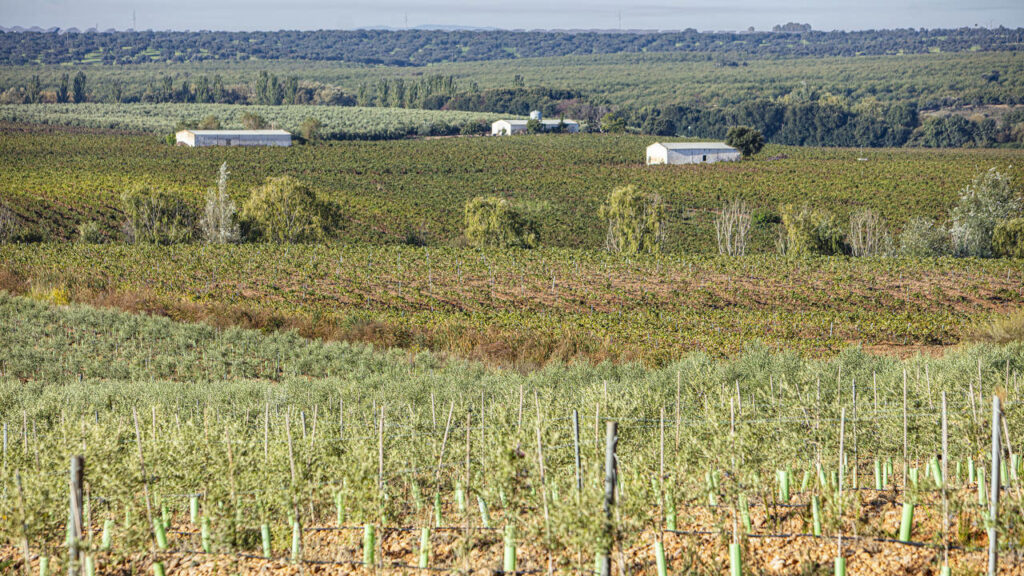Knorr’s 50 regenerative agriculture projects to be launched over the next five years build on more than 10 years of sustainable agriculture collaborations with farmers and suppliers, which has resulted in 95% of Knorr’s vegetables and herbs being sustainably sourced, globally. But with food contributing to more than one third of greenhouse gas emissions and being a leading cause of soil and species loss, sourcing and growing in a way that minimizes impact is not enough.
“We need to work with nature and ecosystems – not against. Earlier this year we launched Unilever’s Regenerative Agriculture Principles to support the growing of food with a positive impact on nature. Now Knorr is putting the principles into practice – and sharing learnings along the way so that others can do the same.”– Hanneke Faber, Global President of Foods and Refreshment, Unilever
The regenerative agriculture projects will be phased over the next five years, to be scaled to 50 projects with partners by 2026, globally. The three projects started this year are showing promising results in the US and Europe.

Water preservation and reduced emissions: In Arkansas, US, in partnership with Knorr’s biggest rice supplier, Riviana, a suite of farming practices that preserve water and decrease greenhouse gas emissions are being implemented. Together with the University of Arkansas, cutting edge ways to measure reductions in greenhouse gas emissions and water captured are being used.
Soil health: In Southern Spain, in partnership with Knorr’s supplier Agraz (Conesa Group), tomato farmers have implemented practices to improve soil health with the first harvest showing increased yield.
Climate resiliency: In Pas de Calais (Northern France), in partnership with PURProject and Green SOL, vegetable supplier Ardo has implemented practices to improve soil health and climate resiliency in response to decreased yields due to changes in weather conditions.
Knorr’s regenerative agriculture roadmap is part of the Unilever Climate & Nature Fund, a €1 billion fund that will accelerate the brand’s work on nature and climate projects. Knorr’s plan will contribute to Unilever’s commitment to help protect and regenerate 1.5 million hectares of land, forests, and oceans by 2030.
Also Read: Seacole Specialty Chemical Acquires Phyton and S.T. Biologicals
As the largest food brand within Unilever, Knorr is using its position in the supply chain and in the market to test and learn, scale implementation, all while sharing learnings and knowledge with a coalition of partners and academics to transform the way food is grown– for good.
The key ingredients (vegetables, herbs, spices, grains) grown using regenerative agriculture principles will be utilized across Knorr’s portfolio globally in products sold more than 3.1 billion times a year across more than 90 countries. This project plan is crucial to Knorr’s purpose to reinvent food for humanity with the ambition to get food that is good for people and the planet on seven billion plates by 2025, globally.
Knorr believes that wholesome, nutritious food should be accessible and affordable to all. That’s not a reality for everyone in today’s America. That’s why we’re on a journey to ensure all Americans can create healthy meals they feel good about. Whether it’s creating high-quality products, offering simple chef-developed recipes, or supporting organizations and initiatives that provide access to healthy foods, Knorr remains committed to its long history of making good food available to everyone.
The business was formed in 1838, when founder Carl Heinrich Knorr pioneered experiments in drying seasonings and vegetables to preserve their flavor and nutritional value. Since then, Knorr® has become an international purpose driven brand offering a wide range of bouillons, soups, seasonings, sauces, soupy snacks, mini meals, side dishes, and meal kits.




